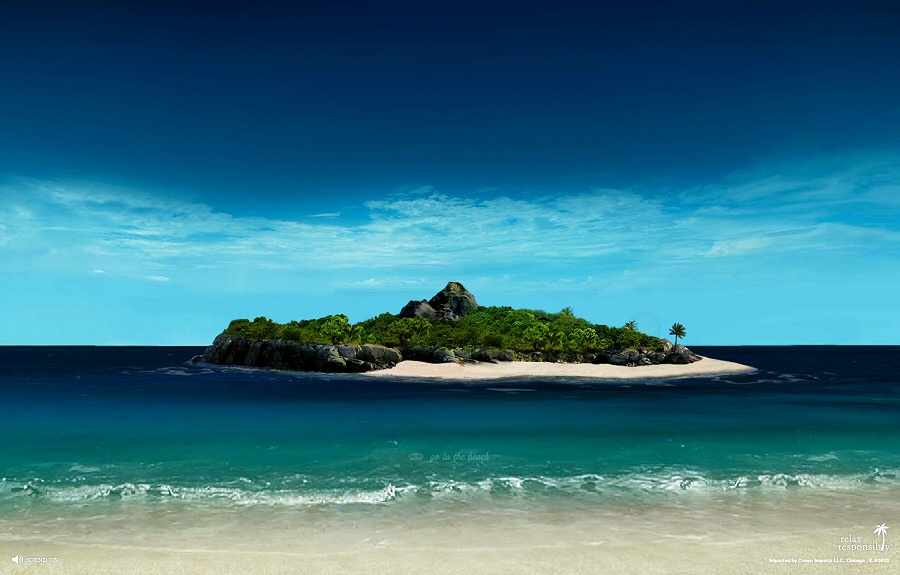The beach is always there: you just have to conceive of it. It follows that those who fail to find their beach are, in the final analysis, mentally fragile; in Manhattan terms, simply weak. Jack Donaghy’s verbal swordplay with Liz Lemon was a comic rendering of the various things many citizens of Manhattan have come to regard as fatal weakness: childlessness, obesity, poverty. To find your beach you have to be ruthless. Manhattan is for the hard-bodied, the hard-minded, the multitasker, the alpha mamas and papas. A perfect place for self-empowerment—as long as you’re pretty empowered to begin with. As long as you’re one of these people who simply do not allow anything—not even reality—to impinge upon that clear field of blue.
Zadie Smith, on Manhattan.
Such a great piece on the city, warts and all, and on creating in the city.
Finally the greatest thing about Manhattan is the worst thing about Manhattan: self-actualization. Here you will be free to stretch yourself to your limit, to find the beach that is yours alone. But sooner or later you will be sitting on that beach wondering what comes next. I can see my own beach ahead now, as the children grow, as the practical limits fade; I see afresh the huge privilege of my position; it reclarifies itself. Under the protection of a university I live on one of the most privileged strips of built-up beach in the world, among people who believe they have no limits and who push me, by their very proximity, into the same useful delusion, now and then.
It is such a good town in which to work and work. You can find your beach here, find it falsely, but convincingly, still thinking of Manhattan as an isle of writers and artists—of downtown underground wildlings and uptown intellectuals—against all evidence to the contrary. Oh, you still see them occasionally here and there, but unless they are under the protection of a university—or have sold that TV show—they are all of them, every single last one of them, in Brooklyn.
